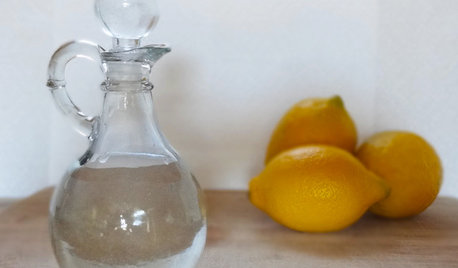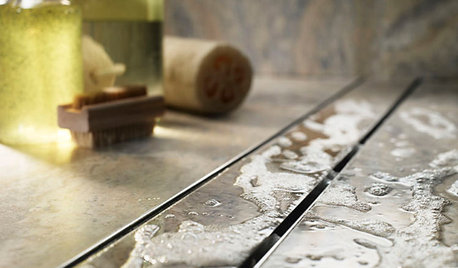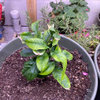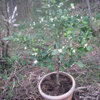Armored Scales Infested Meyer Lemon!! Help ME!!
GloxiniaLover
12 years ago
Featured Answer
Comments (25)
GloxiniaLover
12 years agoRelated Professionals
Clemson Landscape Architects & Landscape Designers · San Juan Landscape Architects & Landscape Designers · Jackson Landscape Contractors · Norwood Landscape Contractors · Matthews Landscape Contractors · Athens Landscape Contractors · El Sobrante Landscape Contractors · Fairview Landscape Contractors · Inglewood Landscape Contractors · La Vista Landscape Contractors · Lemoore Landscape Contractors · Little Ferry Landscape Contractors · New Cassel Landscape Contractors · Rio Linda Landscape Contractors · South Portland Landscape Contractorsmksmth zone 7a Tulsa Oklahoma
12 years agomrtexas
12 years agomeyermike_1micha
12 years agomksmth zone 7a Tulsa Oklahoma
12 years agomrtexas
12 years agojohnmerr
12 years agofawnee0214
12 years agorhizo_1 (North AL) zone 7
12 years agoGloxiniaLover
12 years agomeyermike_1micha
12 years agojohnmerr
12 years agorhizo_1 (North AL) zone 7
12 years agojohnmerr
12 years agoGloxiniaLover
12 years agojohnmerr
12 years agowizzard419
12 years agorhizo_1 (North AL) zone 7
12 years agoGloxiniaLover
12 years agowizzard419
12 years agoGloxiniaLover
12 years agomeyermike_1micha
12 years agoGloxiniaLover
12 years agorhizo_1 (North AL) zone 7
12 years ago
Related Stories

GARDENING GUIDESHow to Keep Your Citrus Trees Well Fed and Healthy
Ripe for some citrus fertilizer know-how? This mini guide will help your lemon, orange and grapefruit trees flourish
Full Story
GARDENING AND LANDSCAPINGBid Bad Garden Bugs Goodbye and Usher In the Good
Give ants their marching orders and send mosquitoes moseying, while creating a garden that draws pollinators and helpful eaters
Full Story
MOST POPULAR10 Reasons to Love a Tiny Garden
Small outdoor spaces can have a beauty all their own
Full Story
HOUSEKEEPINGVinegar and Voilà: Clean Your House the Natural Way
Ditch the commercial cleaners for nontoxic, inexpensive and versatile white vinegar
Full Story
HOUSEPLANTS8 Essentials for Healthy Indoor Plants
Houseplants add so much to our homes — and can thrive when grown in the right conditions. Keep these tips in mind
Full Story
HOUSEPLANTSIndoor Winter Gardens for Cheerier Days
Bring plants inside for drab-days mood boosting — not to mention cleaner indoor air and protection for your greenery
Full Story
MOST POPULAR15 Remodeling ‘Uh-Oh’ Moments to Learn From
The road to successful design is paved with disaster stories. What’s yours?
Full Story
CLEANINGEco-Friendly Tips and Tricks for Cleaning Your Home
Are you wary of using chemicals to clean? These simple products and tricks will keep your home spotless naturally
Full Story
HOUSEKEEPINGHow to Fix a Stinky Garbage Disposal
No plumber’s fee or even a trip to the hardware store is required with these easy solutions
Full Story
HOUSEKEEPING12 Cleaning Projects That Go a Little Deeper — Naturally
Eucalyptus oil for germy door handles. Baking soda for oven grime. Here are nontoxic solutions for often-overlooked cleaning jobs
Full Story







citrange2